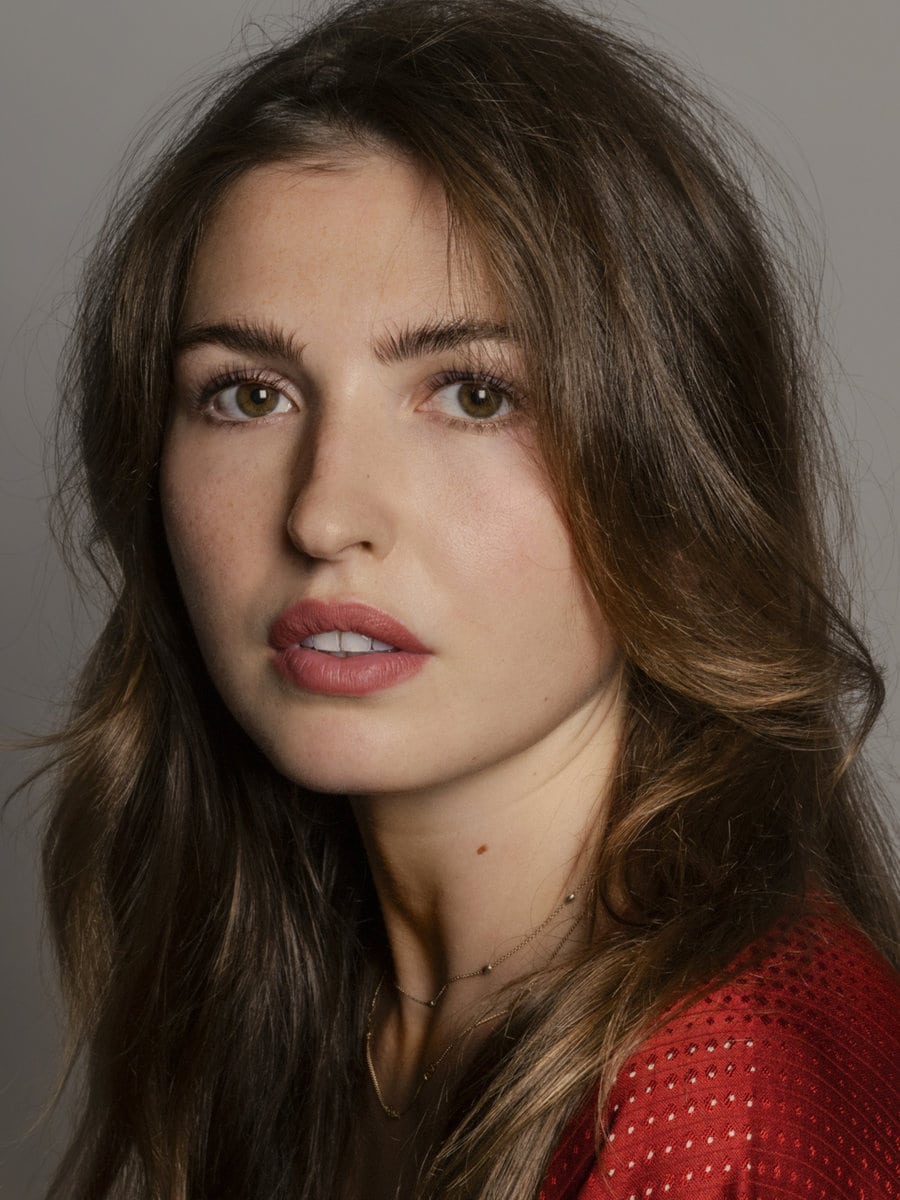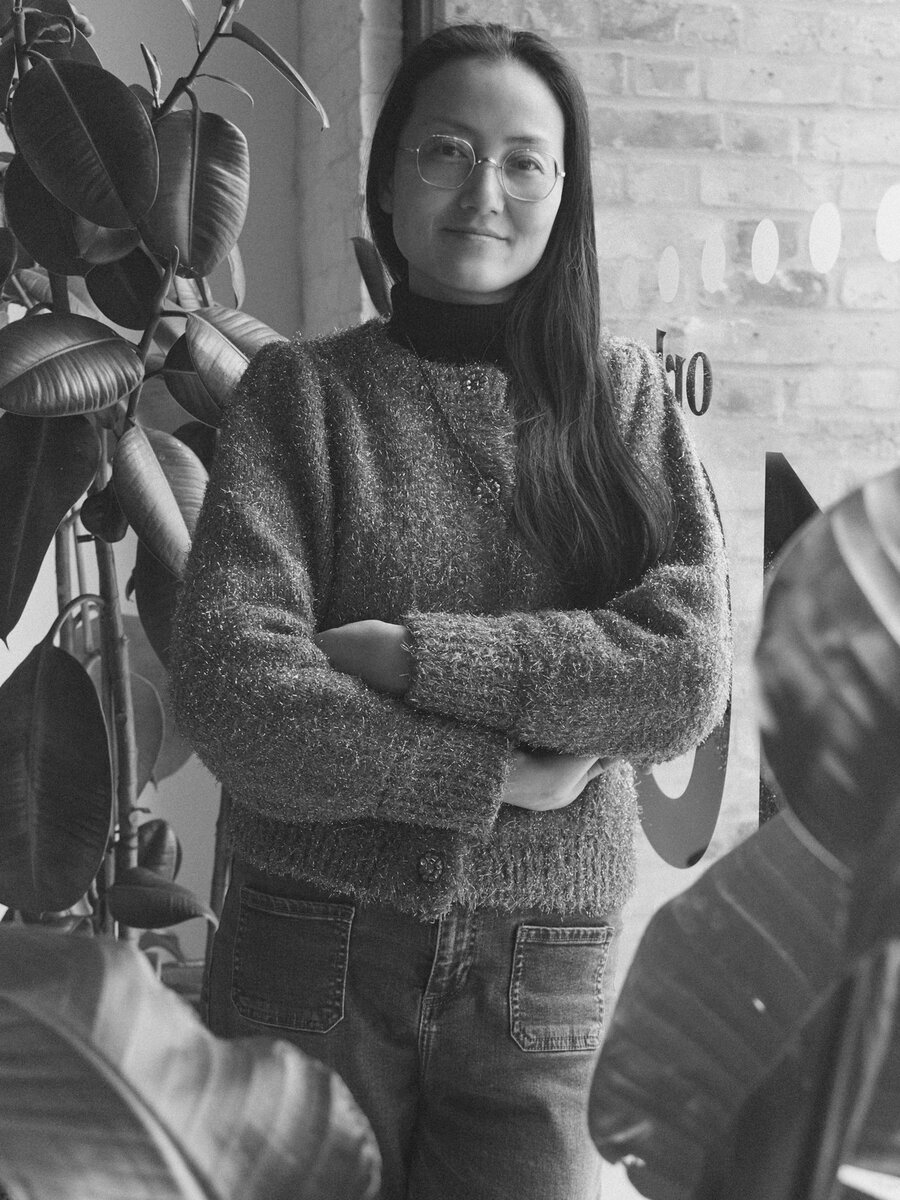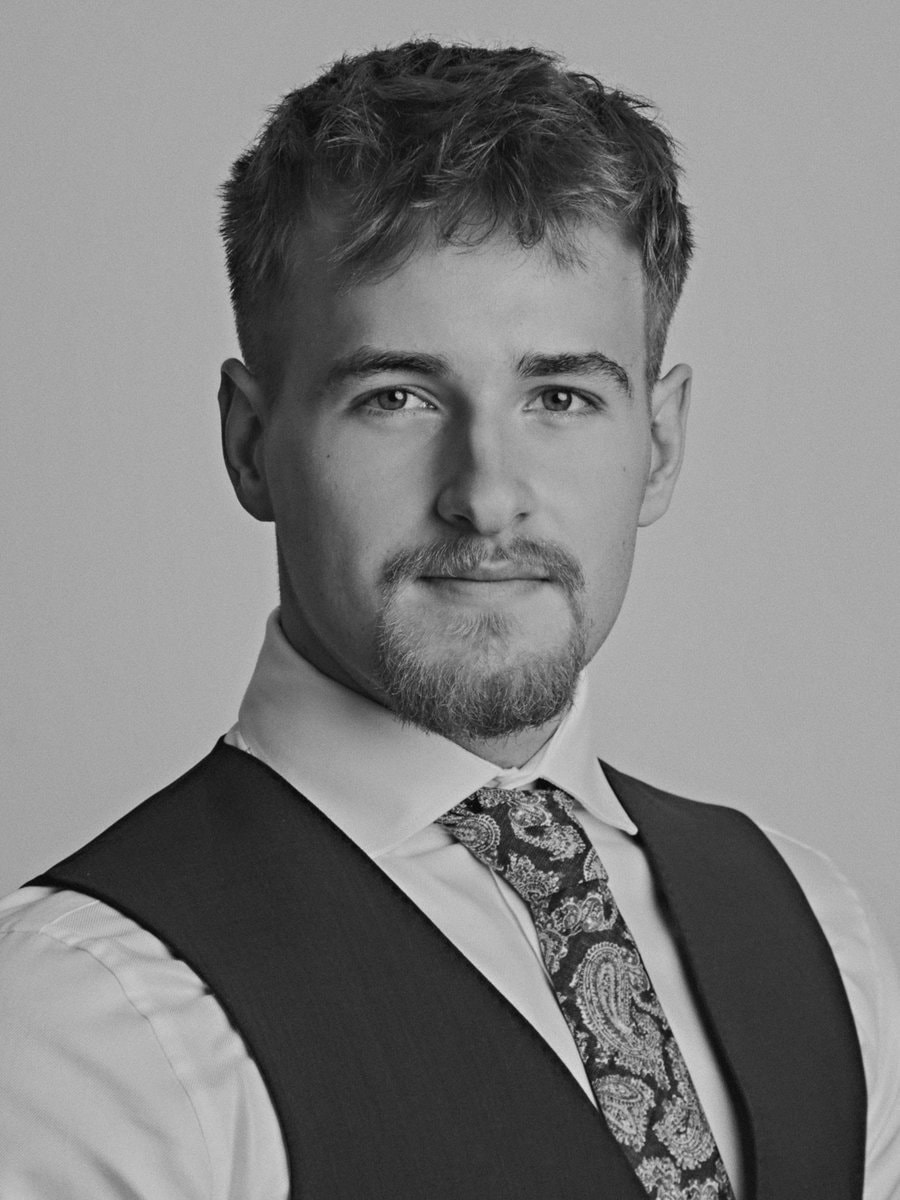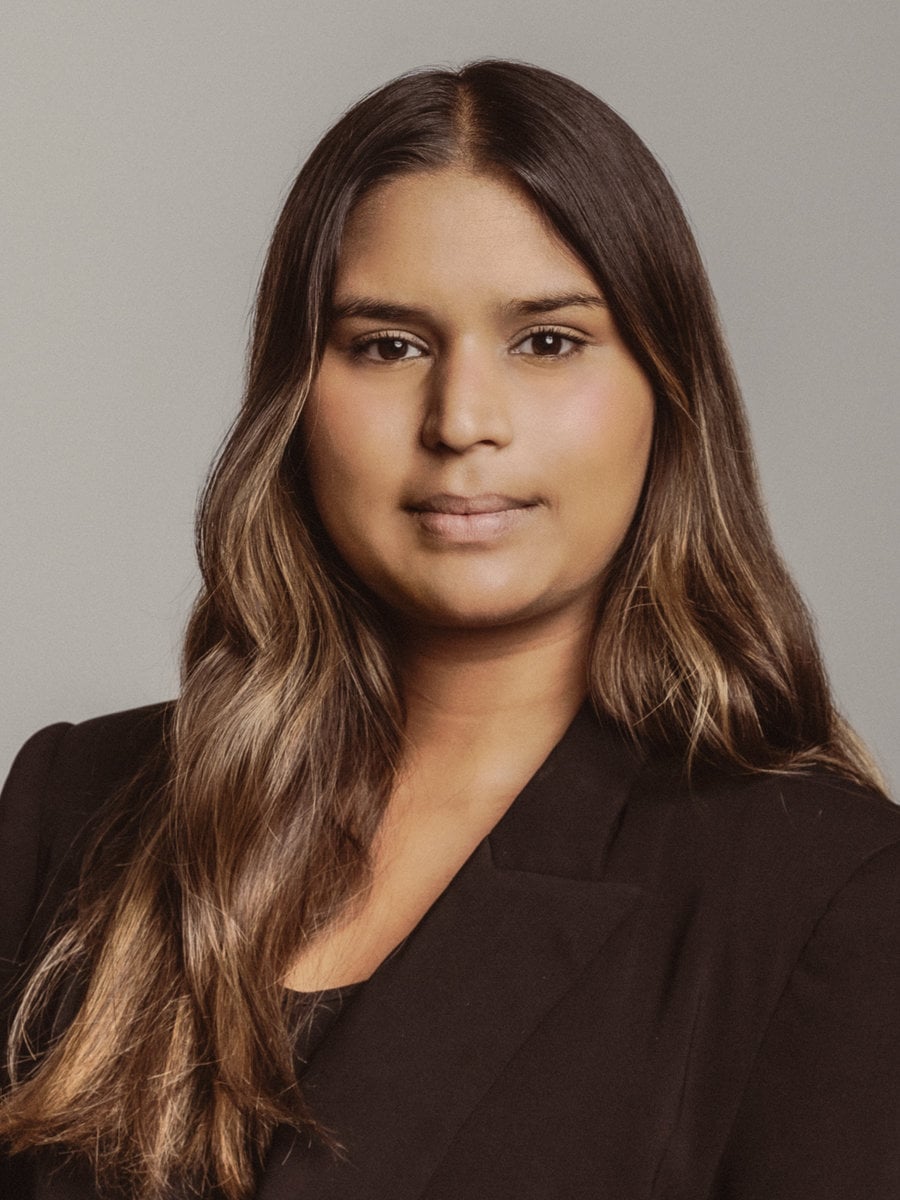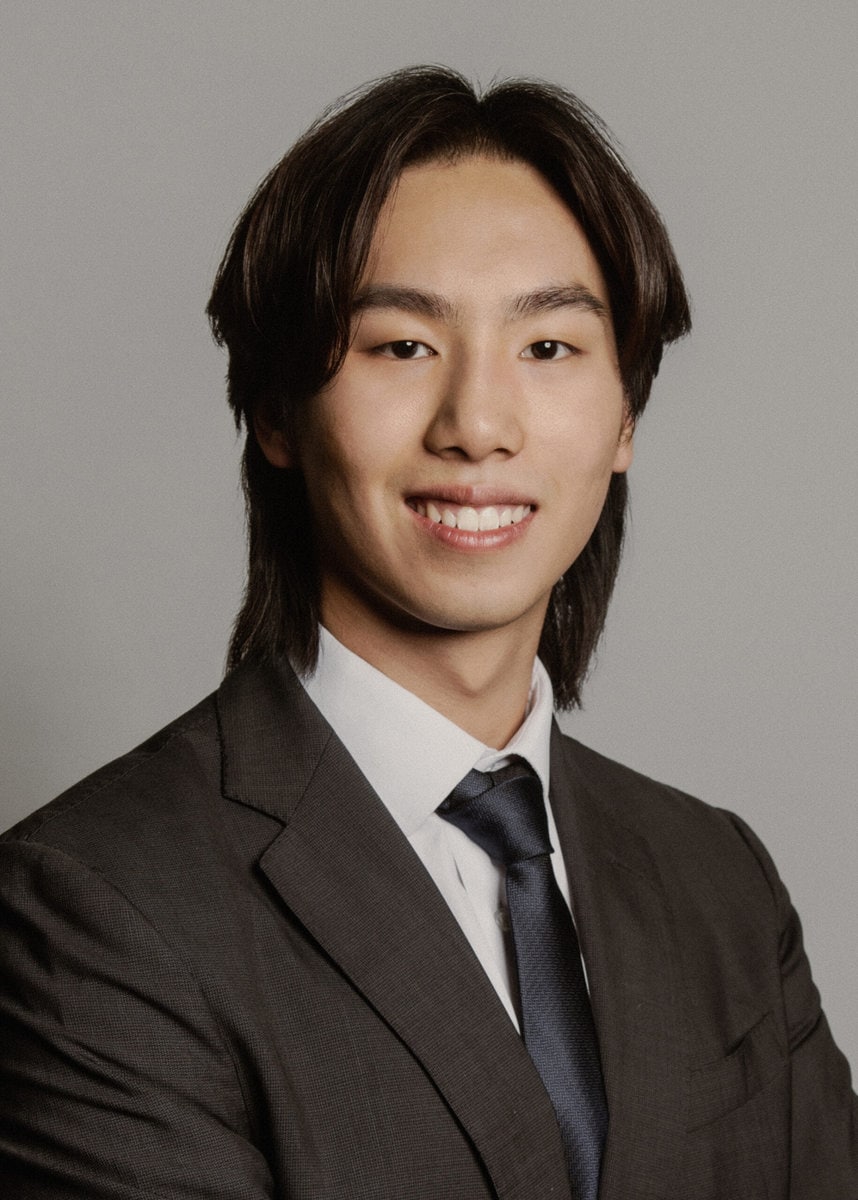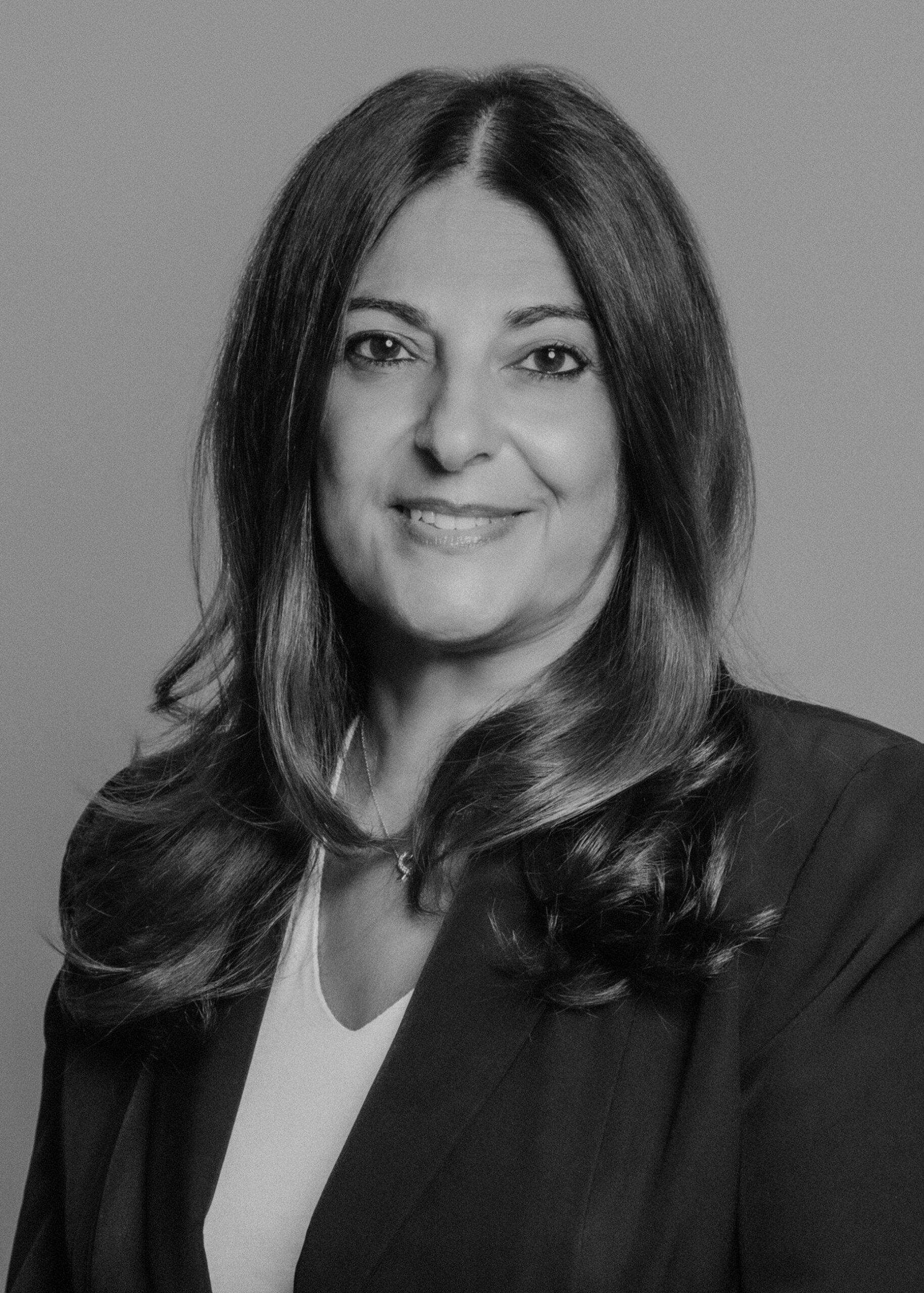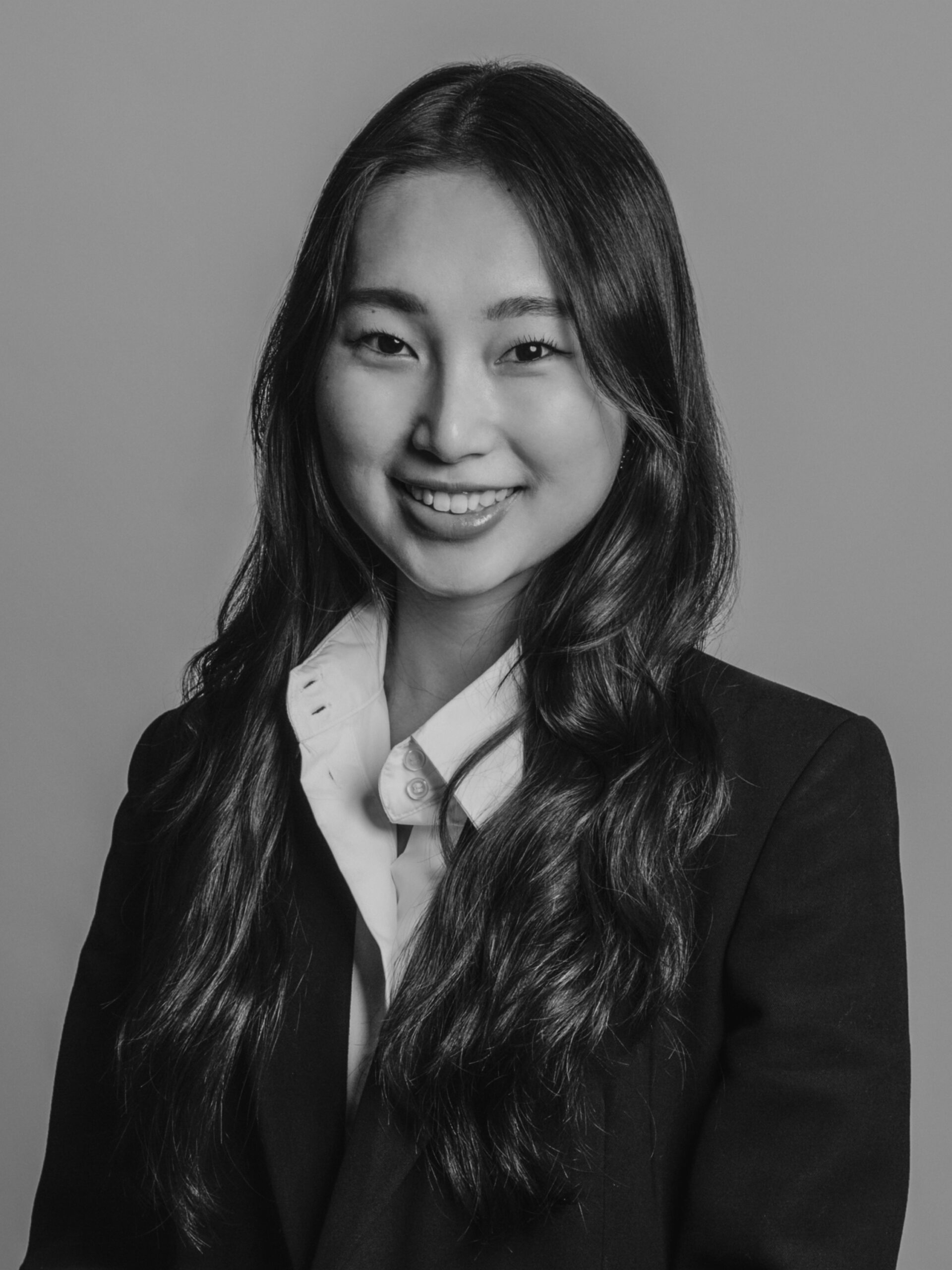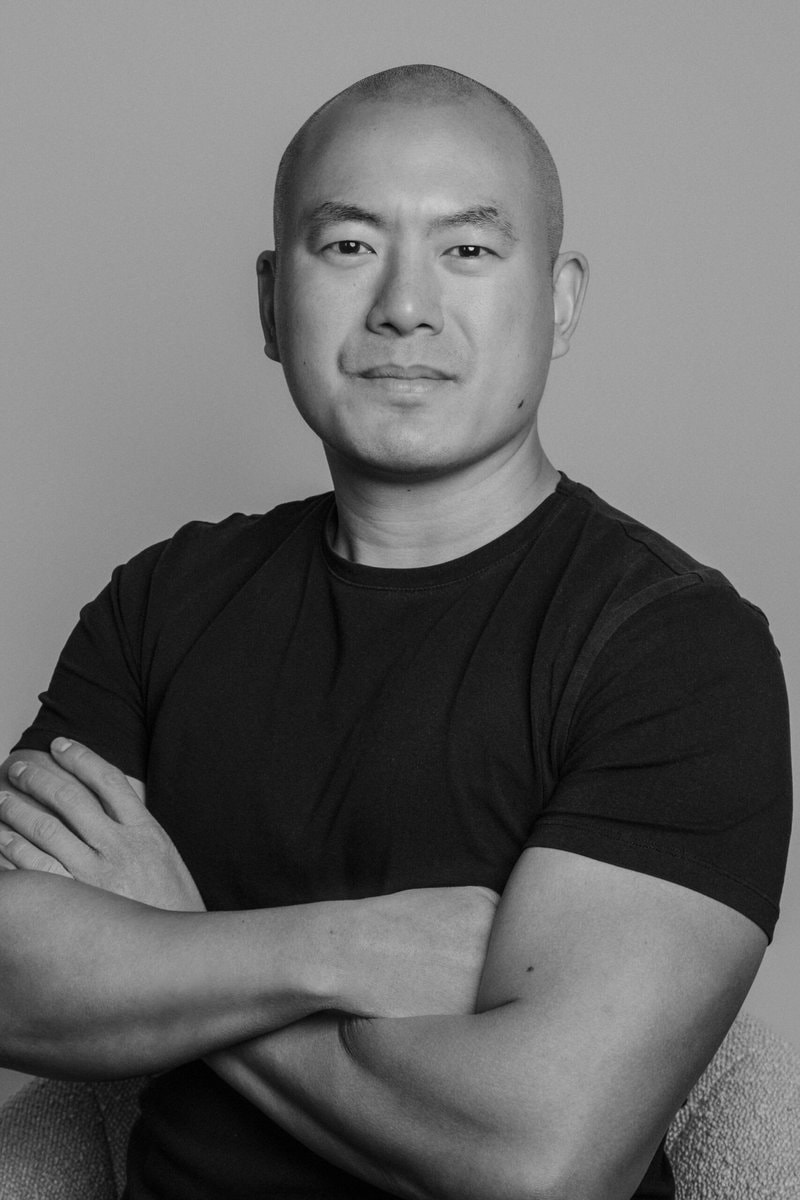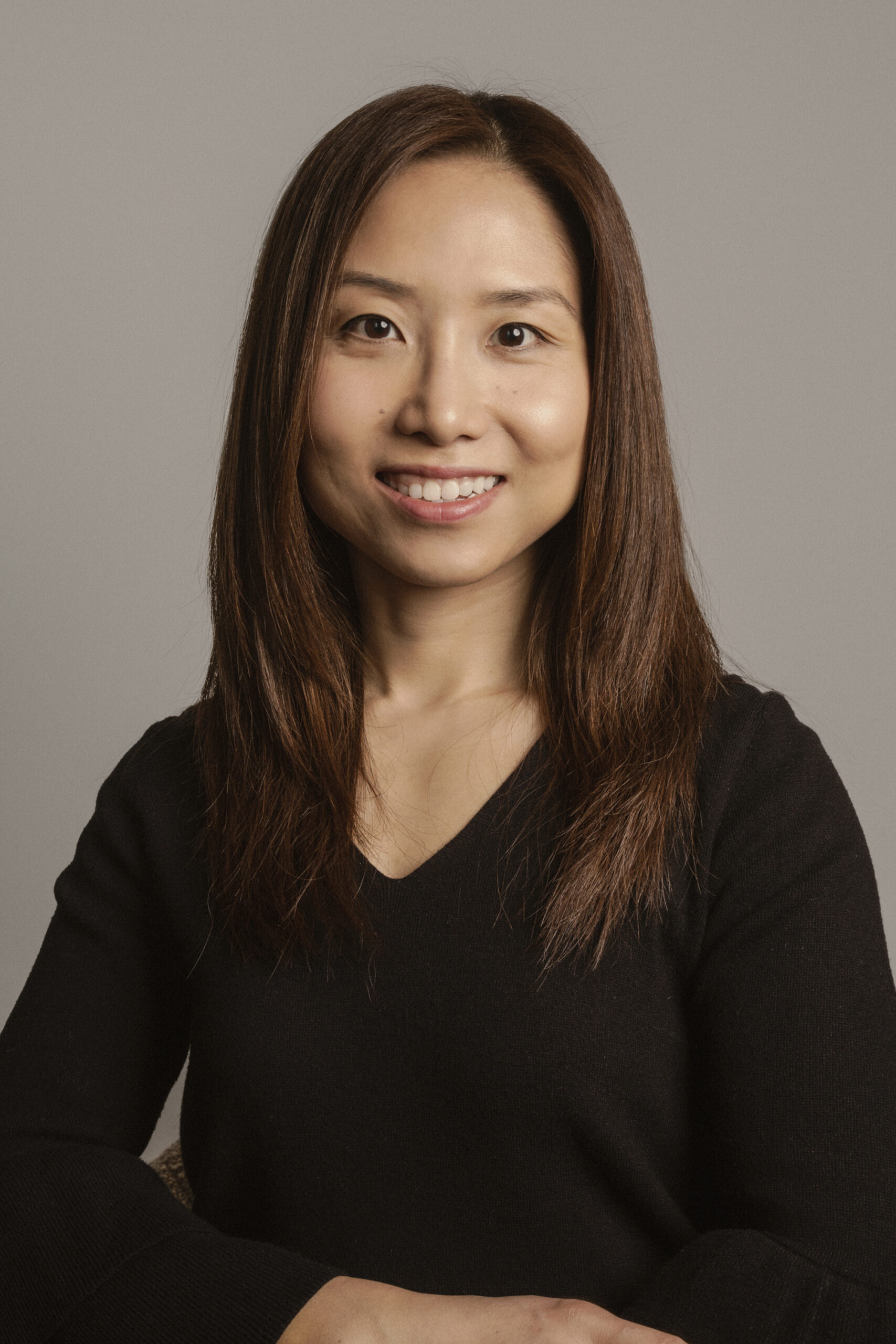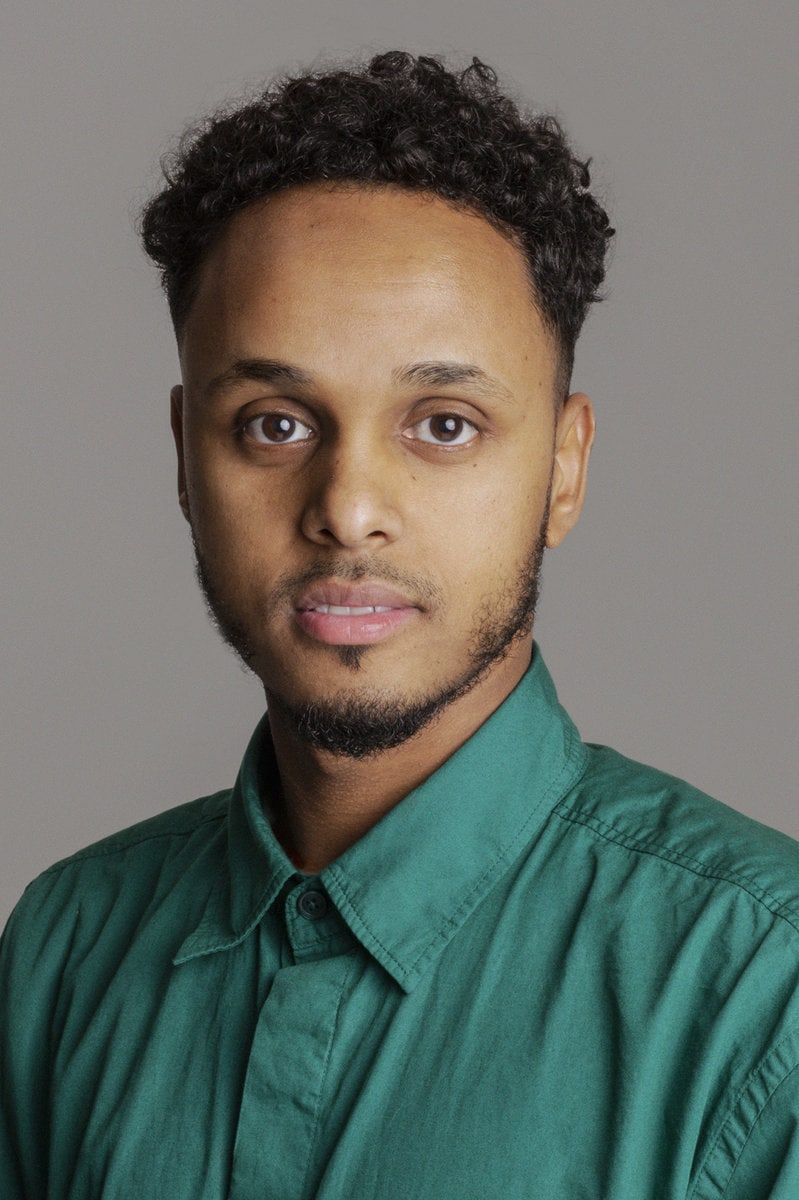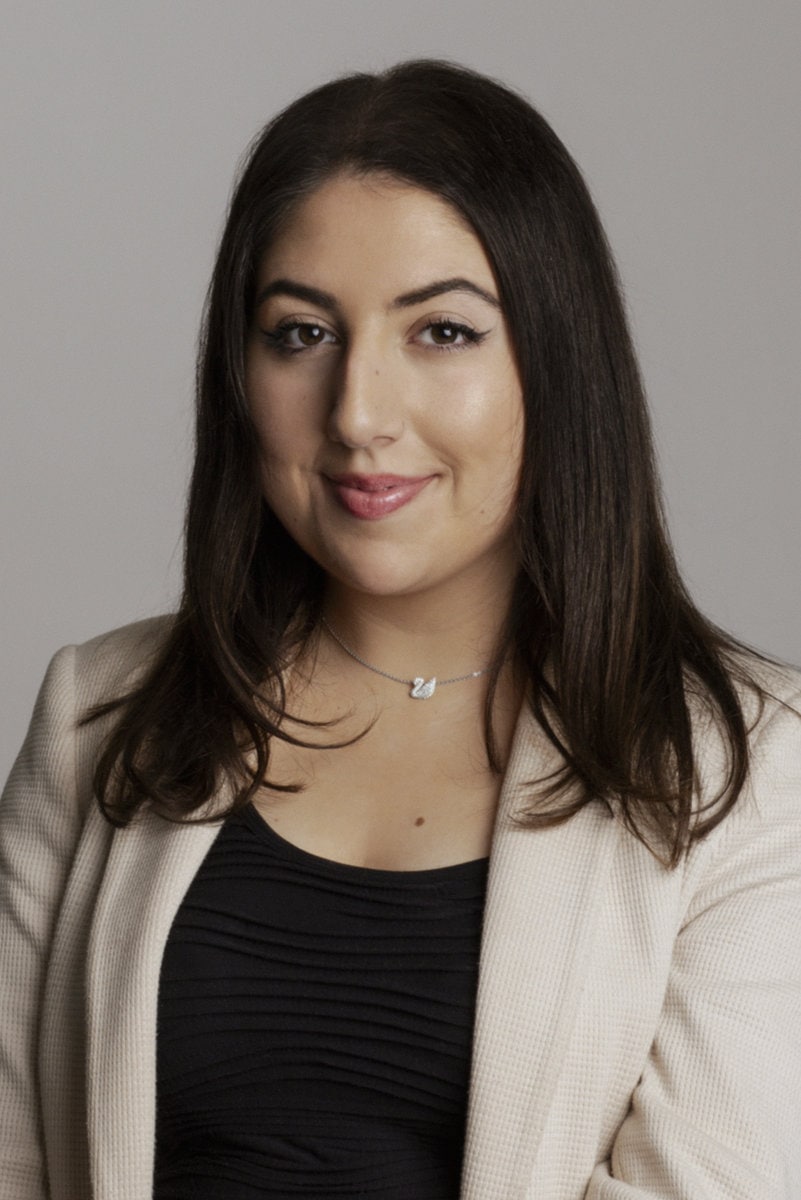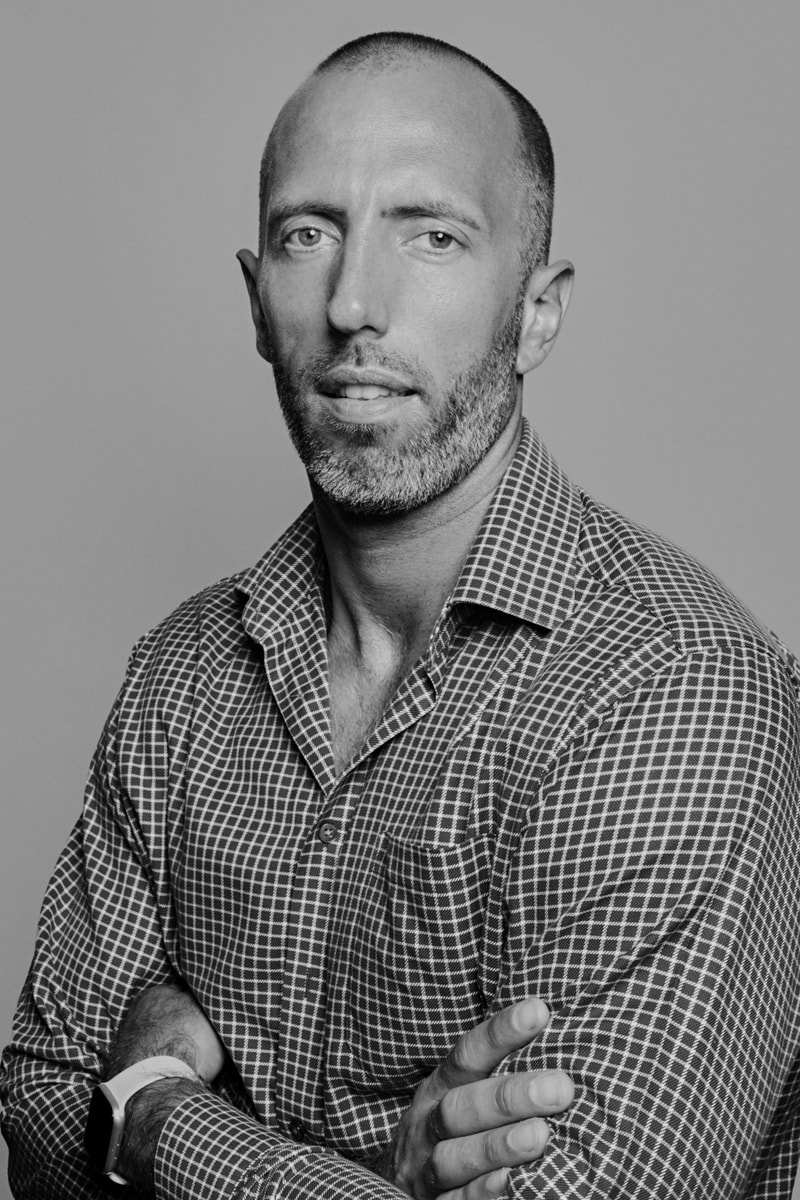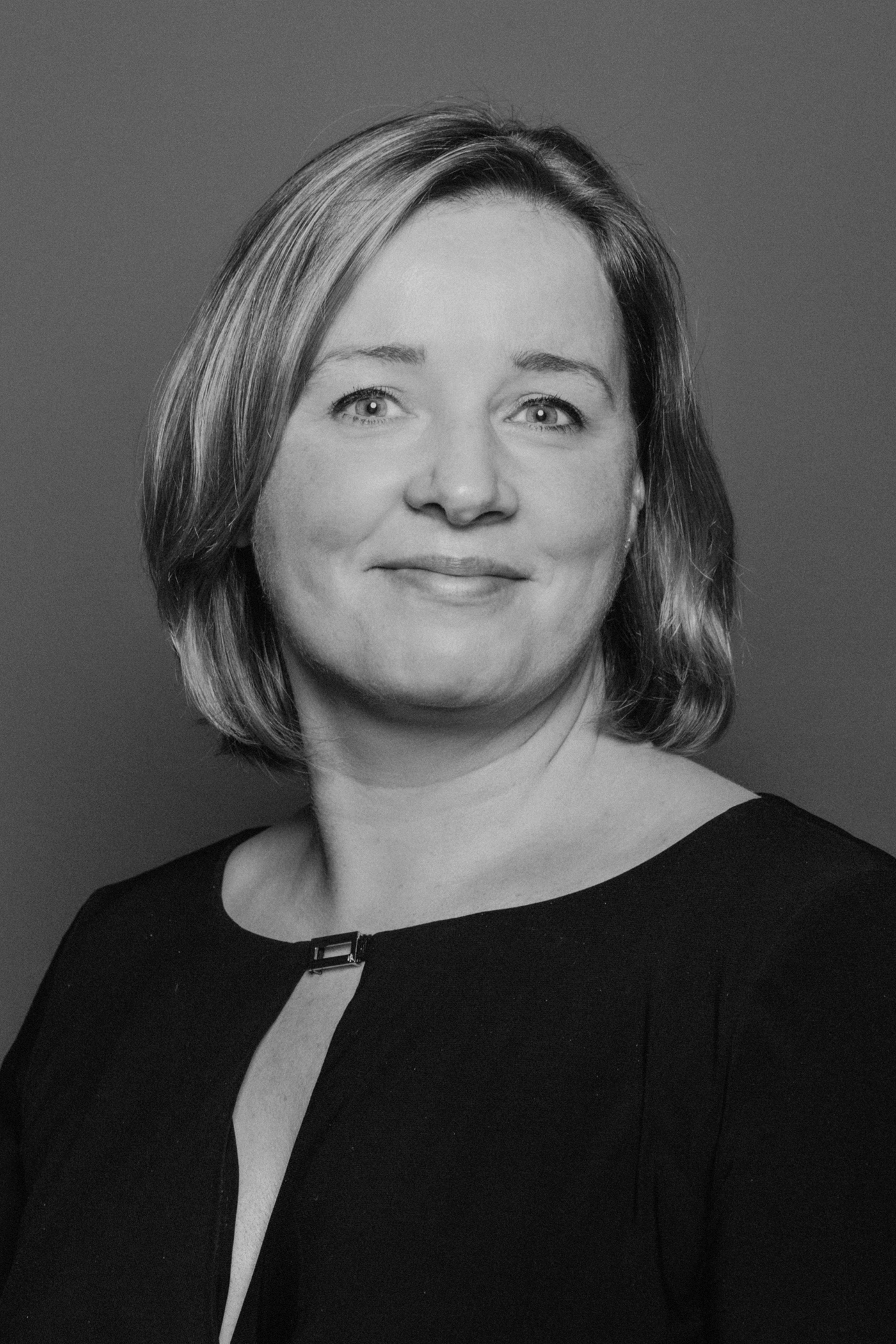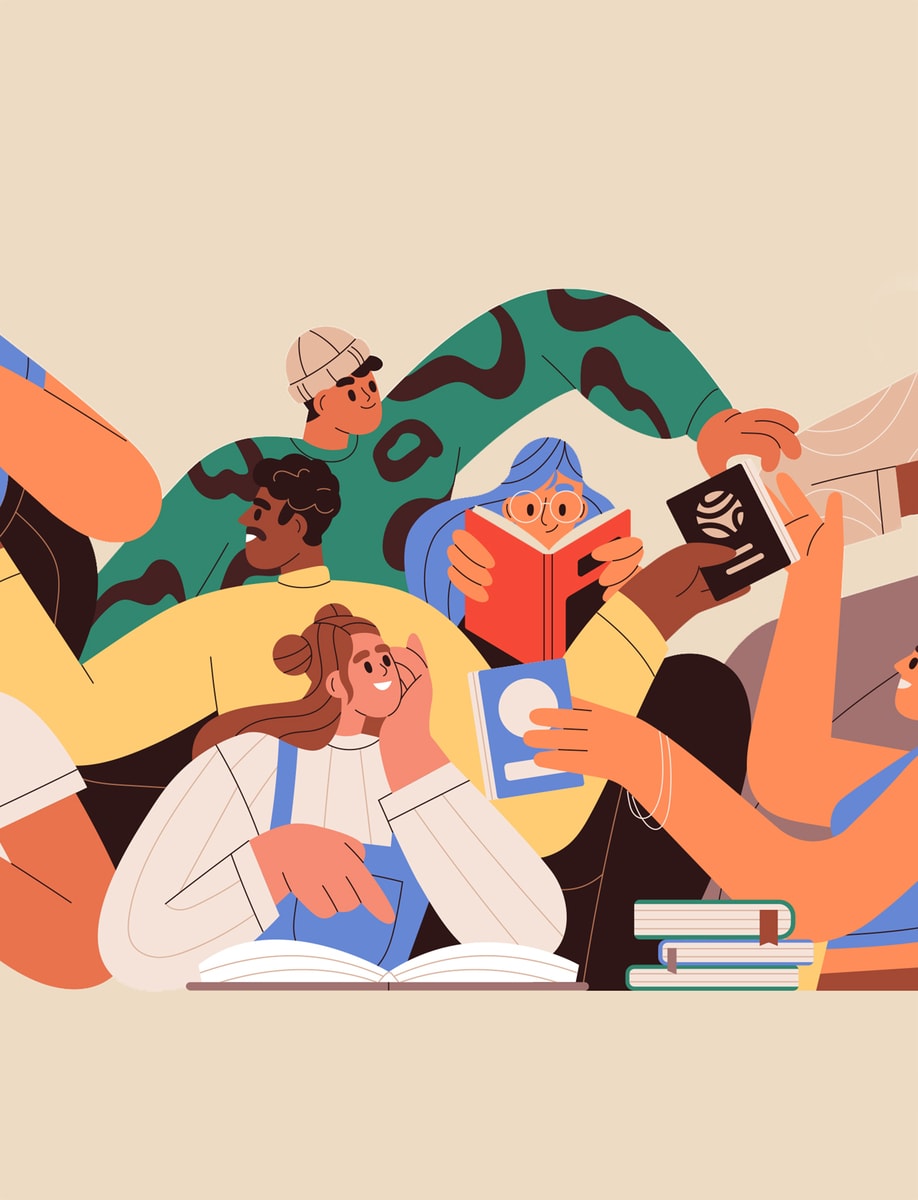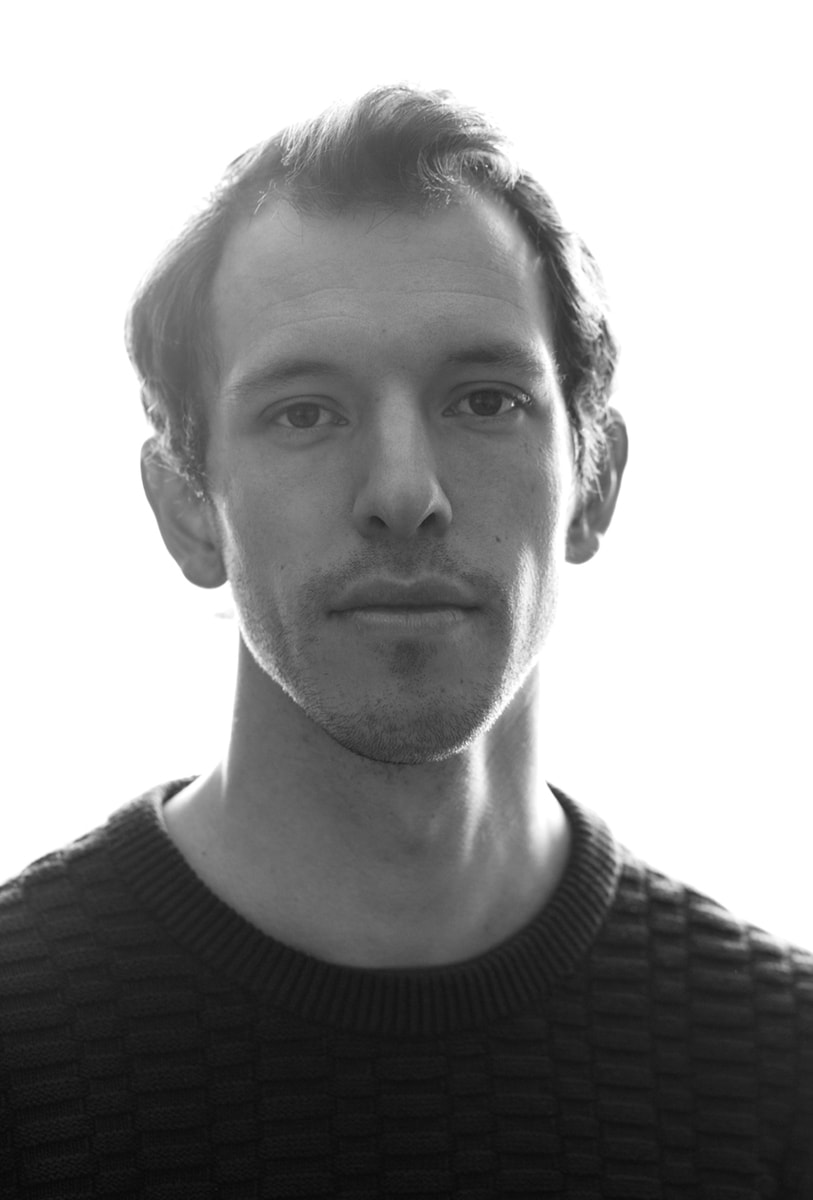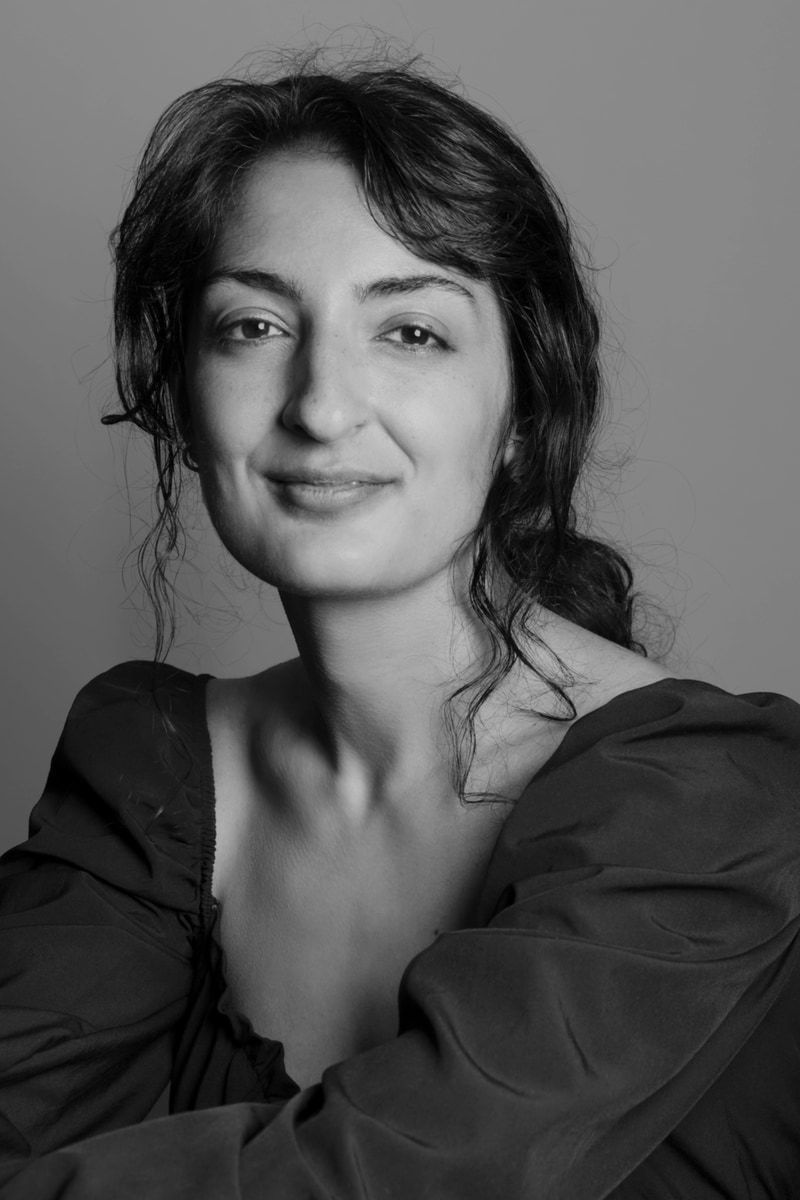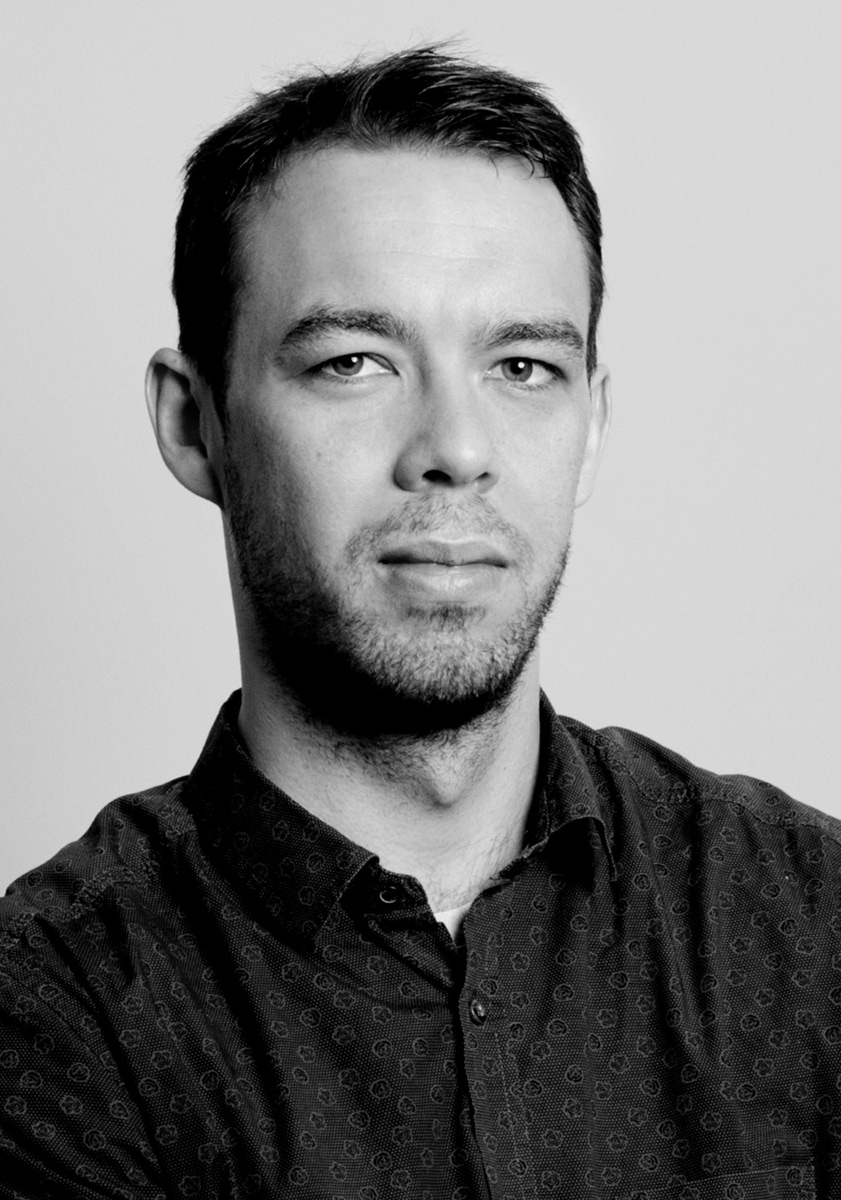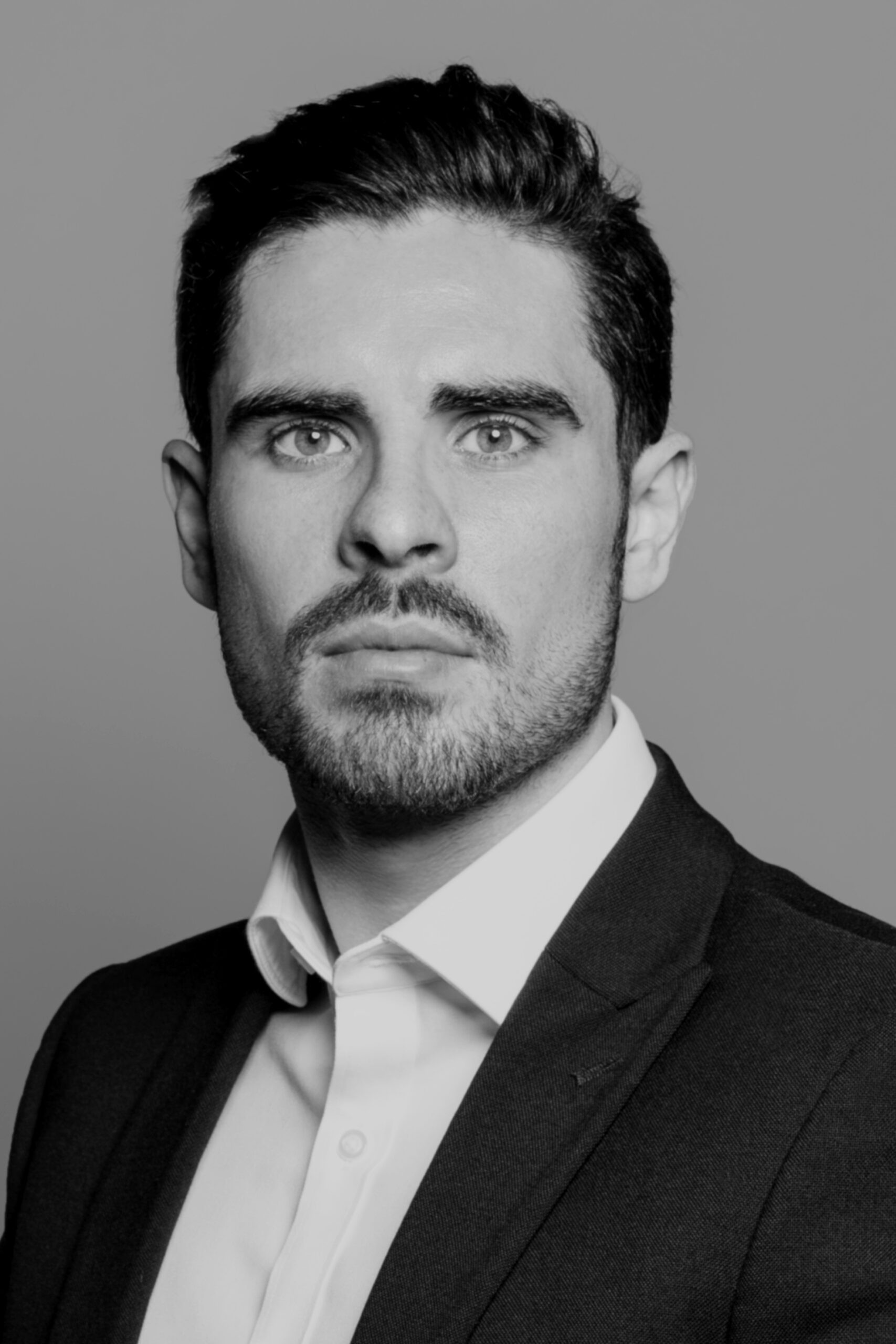I’d rather focus on one thing and try and get good at it
I started Mink Records when I was twenty-one, though I had started working in the music industry when I was seventeen. I moved to Amsterdam to study philosophy and basically needed a job to pay for my rent. I’d originally decided to study Musicology and Philosophy, but I decided to drop musicology. I still really wanted to somehow be involved in music, so I decided to start working in the industry. Before that, I was working in a florist and doing a lot of tutoring and babysitting and working in a bar and I just kind of figured that, if I’m going to be spending so many hours working, then I’d rather focus on one thing and try and get good at it. I ended up working for this independent record label in Amsterdam that was mainly focused on old-school hip-hop and jazz. I gained quite a lot of experience in artist management and running a record label. I moved to Glasgow in 2014, and then when I came back to The Netherlands, I decided to start my own label, Mink Records.
I was working in a florist and doing a lot of tutoring and babysitting and working in a bar and I just kind of figured that, if I’m going to be spending so many hours working, then I’d rather focus on one thing and try and get good at it.
“
I had a thorough understanding of that whole scene and industry
The music industry in Holland at that time was quite commercial. There were a lot of cool musicians and bands, but there weren’t that many radio stations, television programmes, music blogs or record labels that play a crucial role in those bands becoming established enough to be able to do it full time. A big part of my confidence came from feeling like I had a thorough understanding of that whole scene and industry. The gap in it that I saw was that we needed more platforms to support that. When I started Mink Records, it was the only label in The Hage (which is a big city in Holland) that was releasing that type of music.
Maybe it’s courage or boldness… maybe it’s just naivety
In terms of personal confidence, I think the way I operate is that – on the one hand maybe it’s courage or boldness. On the other hand, maybe it’s just naivety. I think there is a bit of a sweet spot between the two. I knew the industry was tough – I’ve been working in it – but I also saw it as quite a fun challenge to work my way in there and do it on my terms. I also really wanted to prove myself, because there were quite a lot of people that I knew who didn’t think it could be done. I didn’t have time to doubt myself because I was too focused on basically proving that it could be done. I was really focused on just doing it. I think that’s the key to it. Whenever you doubt yourself, just do it, because when you’re doing it, if it’s hard – which these types of things are – if you’re starting up your own company or whatever type of project – then you literally don’t have the time or the headspace to doubt yourself. You just get on with it. The problem kind of resolves itself.
Whenever you doubt yourself, just do it, because when you’re doing it, if it’s hard – which these types of things are – then you literally don’t have the time or the headspace to doubt yourself. You just get on with it. The problem kind of resolves itself.
“
It’s a lot trickier than selling bread
What I teach at The Conservatoire and Abbey Road Studios is creative entrepreneurship, which often asks ‘how does commerciality tie into working within the arts?’ Because quite often, there is a tension between those two things. I find it an interesting question to try and resolve and think about different ways for alternative art that maybe doesn’t have the biggest mainstream appeal to still find its place. So, it’s an interesting challenge in terms of finding your audience and your niche. If you’re a bakery with an entrepreneurial mindset, you could maybe do a different type of bread, and you’d sell loads of that bread and that would be the goal. Whereas if you’re an entrepreneur within the arts, I think the goal is not to sell as much of it as you can, although that is a nice by-product if that does happen. The goal for an artist (and any representative for the artist who is more on the artistic side than the business side) is to have the artwork seen or heard or felt by as many people as possible. If you are an entrepreneur in the arts, your business is a different form of entrepreneurship. It hinges a lot on communication and how good you are at storytelling, and understanding if your art ties into culture in a more general sense. ‘Is it culturally relevant? Is it political? Does it make people feel something that they weren’t feeling at that time before they saw it?’ In a way it’s a lot trickier than selling bread.
It’s not about the quantity of the fans
I teach this topic, but every time I get confronted with new situations. There are always things to be learned there. Entrepreneurship in the arts can be very exciting because it can become hugely successful. Or sometimes, there is a small handful of people who absolutely love the artwork or the music and that’s enough. It’s not about the quantity of the fans, but more about the quality of their interaction with the work. With the artists I work with, I’m constantly having a conversation about this. It’s my job to understand their position on this, and to help them achieve whatever it is that they want to achieve. Because some do want to just become famous. That doesn’t mean they don’t care about their art but they do want people to just hear it as much as possible. Whereas other people take the approach where they just want to play small shows to a really interested audience and don’t mind not having a lot of money. It’s interesting, as a representative of those artists, to see that whole spectrum, and try to aid them in finding the right approach.
That is something that can burn you out and make you quite depressed. It means that you never feel fulfilled. I think something that I’m very grateful for is that I always got my sense of fulfilment from other things.
“
Every time we reached those goals, it felt a bit like an anti-climax
I think the most important thing for me at the moment, is trying to find a balance between what I hold really important in regard to music and this tension with commerciality. I think that for me, the moments where I was happiest within the last five years – career wise – were not the moments where we had massive sold-out festival shows or when we were standing in the BBC 6 studio. It wasn’t the business goals that I’d set for myself; every time we reached those goals, it felt a bit like an anti-climax because there’s always more to be achieved. That is something that can burn you out and make you quite depressed. It means that you never feel fulfilled. I think something that I’m very grateful for is that I always got my sense of fulfilment from other things. Namely – I’d be standing at an album release by an artist, and I’d be standing next to their grandmother, and see her in tears. Or exchanging glances with an artist when they are onstage knowing that they are absolutely rocking it and then being so relieved and proud – because you’ve seen the whole process that leads up to that type of thing. It’s about the moments of genuine human interaction that make a job like this, which is tough, non-stop and financially very insecure and stressful, rewarding for me.
It’s about coming back to yourself. I feel that, rather than growing, it’s like shedding layers.
“
Your gran is here, make her proud
I make a big point of having dinner all together with the artists before we leave and plan the time for that, rather than quickly have a bite, and go back to the sound check. I try to remind the people that I’m working with that ‘this is an important day, enjoy it. Try to not stress. It doesn’t matter if we sell-out, but the point is that your gran is here, make her proud.’ I guess it’s redefining your definition of success. There was a reason I started Mink Records, and I forgot it at some point because I was so focused on helping the artists grow. I’ve now come back to where I started, where I just want to do community-focused work, where we’re surrounded by like-minded individuals and it’s about the art and the music and the connection. And who cares about what big blog has said what – it doesn’t really matter. That’s the lesson that I’ve learned from this whole thing. Or that kind of thing you already know, but you forget when you’re doing it. It’s about coming back to yourself. I feel that, rather than growing, it’s like shedding layers.
Listen to Marieke’s radio programme on music history for the Dutch National Radio 2 below
